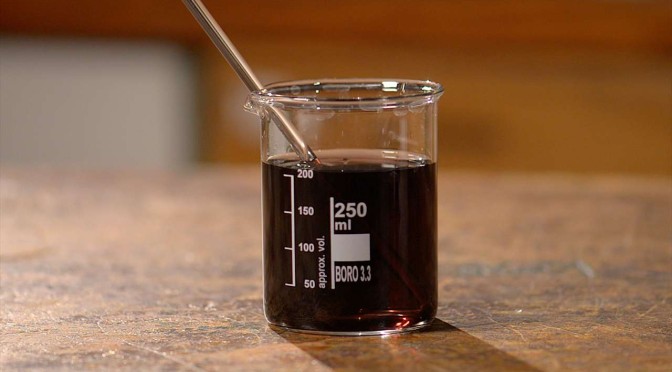Can education research help us be better teachers? It depends. Education research is difficult to conduct for lots of reasons and is often very flawed, but I think engaging with it can, at the very least, help us reflect on what we do and why we do it.
I recently spoke at the ResearchED2014, organised by teachers who claim to be “raising research literacy in the teaching profession, busting bad science and building links between people from the ground up”. I think they’ve got the right idea and, judging by the attendance at the conference and the plans to hold similar ones around the world, they are succeeding.
For me, the conference showed me the best of the profession – teachers who were giving up their own time and money because, in most cases, they want to be better at what they do, they want to do better for the students they serve.
I was asked to give a talk, but I tried to have a discussion, which got rather lively at points. I’m not sure everyone liked my approach, but I’m not a huge fan of talking at people as a way of engaging with them about ideas. I’m pleased to report that at least one person wrote to me to say “I really enjoyed it even though you made me sweat about why on earth I was doing practical work dissolving sugar”.
A few people have asked me to share my presentation slides, but I’m not going to do that – my slides alone wouldn’t make much sense because I prepared them only to help emphasise key points and as a prompting device. My view is that it defeats the point of a live talk or discussion if a slide presentation contains all (or even most) of the information you’re trying to convey.
The short film at the top of this post summarises the key points I aimed to make in my talk. I’ve written elsewhere about the research into the effectiveness of practical work but if you want to look at the research for yourself here are some good places to start:
A Review of the Research on Practical Work in School Science
Practical work: making it more effective
[Edit: See also DEMO: The Movie. — Ed.]

